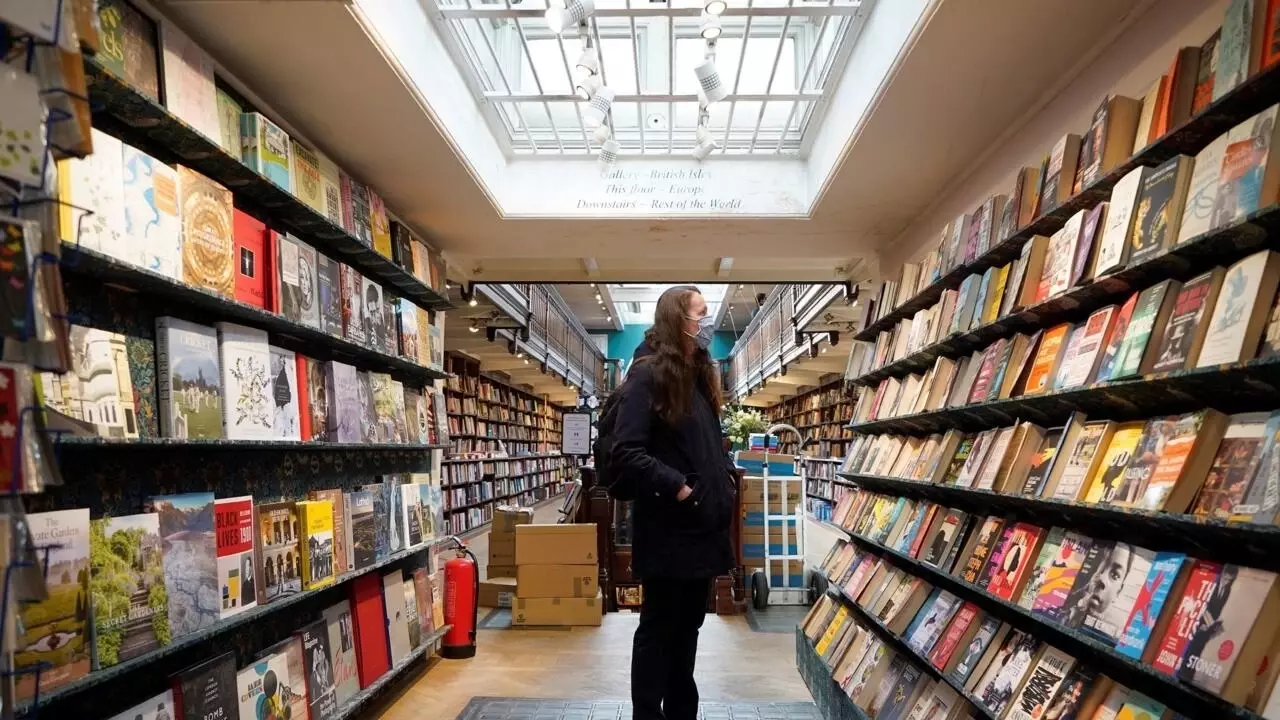
Beating off competition from the likes of “Kyiv”, “sportswashing” and “partygate,” the term “permacrisis” was named yesterday as Britain’s word of the year in recognition of a dismal 2022.
The annual list compiled by Collins Dictionary defined the word as “an extended period of instability and insecurity.”
Its entry into common usage reflected upheaval caused by Brexit, the Covid pandemic, severe weather, the war in Ukraine, political turmoil and a cost-of-living crisis.
“Permacrisis sums up quite succinctly just how truly awful 2022 has been for many people,” said Collins Learning managing director Alex Beecroft.
The arrival of Kyiv as the preferred variant to the Russian spelling of “Kiev” pointed to Britain’s support for Ukraine against Moscow’s invasion.
“Sportswashing” refers to the staging of high-profile sports events, or the takeover of well-known teams, by unsavory regimes.
Meanwhile “partygate” was one of the many scandals that brought down prime minister Boris Johnson this year.
Britain is now on its third prime minister of 2022 and also has a new monarch in King Charles III.
Derived from the Latin for Charles, the term “Carolean” entered the Collins list after his mother Queen Elizabeth II’s death last month.
Among other phrases on the list was “warm bank,” a place such as a library or place of worship where cash-strapped Britons struggling to pay soaring energy bills can go to find heating.
Another was “quiet quitting,” defined as doing the bare minimum at work, either as a protest against your employer or to improve your work-life balance.
“Our list this year reflects the state of the world right now... although, with the determination of the Ukrainian people reflected by the inclusion of ’Kyiv’, and the dawn of the new ’Carolean’ age in the U.K., there are rays of hope,” Beecroft said.
Last year’s Collins word of the year was “NFT” - non-fungible token. In 2020, it was “lockdown.”